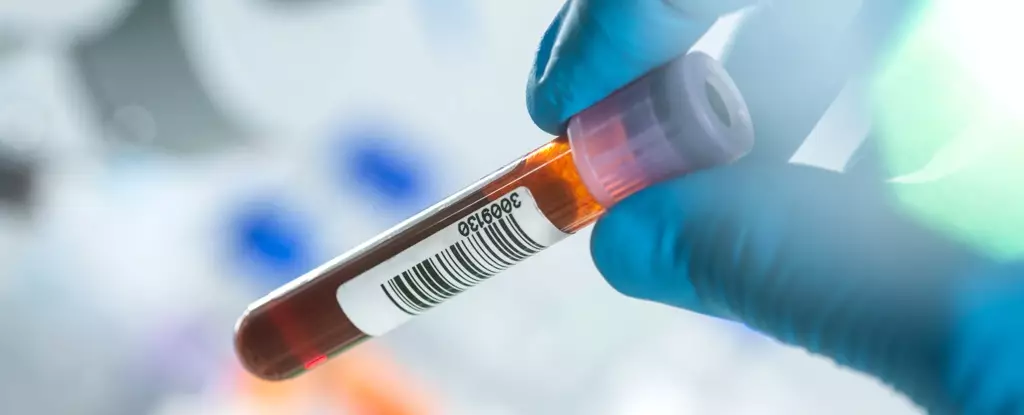The recent approval by the United States Food and Drug Administration (FDA) of the first blood test for Alzheimer’s disease marks a seminal moment in the fight against a condition that affects millions globally. Developed by Fujirebio Diagnostics, this innovative blood test measures the ratio of two specific proteins in the bloodstream, offering insights that correlate directly with the presence of amyloid plaques in the brain. Until now, discerning the presence of these plaques necessitated invasive procedures such as brain scans or spinal fluid analysis, which posed unnecessary burdens on patients and healthcare systems alike.
Critical Implications for Early Treatment
The ramifications of this breakthrough extend far beyond merely identifying the disease earlier. It also enables patients to start treatment with recently approved medications such as lecanemab and donanemab, which target destructive amyloid plaques. While these treatments do not promise a cure, they have shown the ability to slow cognitive decline modestly. Research suggests that initiating these therapies early in the disease’s course can enhance their effectiveness and grant patients a few more precious months of independence. This innovation could potentially transform the care and management of Alzheimer’s, giving patients a fighting chance against a disorder that seems so relentless.
Alarming Statistics Highlight the Urgency
Statistics surrounding Alzheimer’s disease are particularly alarming. The assertion that more individuals suffer from Alzheimer’s than from breast cancer and prostate cancer combined is a stark reminder of the urgency to act. As FDA Commissioner Dr. Marty Makary pointed out, approximately 10% of people aged 65 and older are affected, with projections indicating that this number may double by 2050. The reality is sobering: a vast population faces the daunting prospect of gradual cognitive decline. The introduction of this blood test signifies a beacon of hope amid these concerning figures.
Improving Accessibility to Diagnosis
One of the most commendable aspects of this new development is its potential to make Alzheimer’s diagnosis significantly more accessible. The test is authorized for use in clinical settings, particularly for patients who exhibit signs of cognitive decline. The ability to achieve efficient diagnosis through a simple blood draw could encourage more individuals to seek testing and intervention early on. According to Michelle Tarver from the FDA’s Center for Devices and Radiological Health, this advancement makes it easier for patients to obtain the necessary assessments, which is crucial for timely intervention.
Challenges Ahead: Ensuring Comprehensive Care
However, it is important to approach this development with balanced optimism. While the blood test is a significant advancement, results must be interpreted alongside other clinical data and information. Relying solely on a blood test without considering the broader clinical context could lead to misdiagnoses or undue anxiety for patients. The solution to combating Alzheimer’s is not merely a matter of identifying its presence but also involves ensuring that patients receive comprehensive care tailored to their specific needs.
The advent of a blood test for Alzheimer’s has ushered in significant possibilities for early intervention and treatment. Still, the journey ahead requires continued diligence and commitment from medical professionals, researchers, and society at large to address the profound challenges posed by this devastating disease.


Leave a Reply